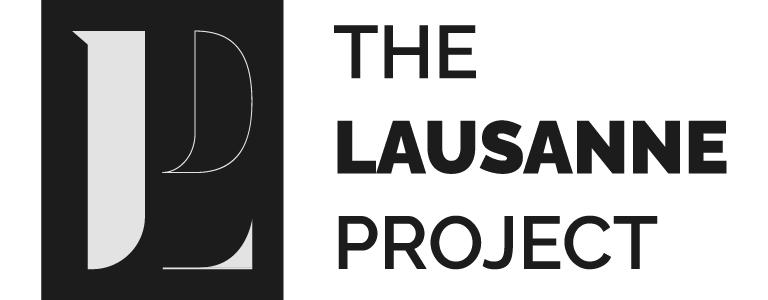Global North-South Public Health Cooperation in the Middle East and North Africa, 1792-1942
The 1923 Lausanne Treaty is usually considered in historical literature in relation to its political, diplomatic and economic implications in the Near East and the world: how it prompted a new imperial order and how this order begot many of the present-day problems the post-Ottoman societies, and indeed, globally. Yet Lausanne was a pivotal moment also in the history of the fight against pandemics. This was because it marked the end of one of the first institutions of international health cooperation in history: the Superior Council of Health in Istanbul/Constantinople.
Led by Ozan Ozavci, and with funding from European Research Council (Consolidator Grant), NWO and Gingko Library on its different aspects, the new programme of the Lausanne Project will re-write the history of global north-south public health cooperation in the long-nineteenth century, when waves of pandemics began to hit the world. American, European and Middle Eastern and North African sanitarians (doctors, diplomats, bureaucrats, merchants, etc.) jointly struggled against contagious diseases not only at the top-down inter-governmental sanitary conferences but also by way of establishing the first institutions of sanitary internationalism in history in five cities: the international sanitary councils in Tangier, Tunis, Alexandria, Istanbul and Tehran. The project team will produce distinct and comparative histories of public health cooperation and the sanitary councils, which achieved more concrete results in the fight against pandemics when the intergovernmental conferences were at a loss. The project will identify the preconditions for their effective public health cooperation and document how historical actors dealt in the past with obstacles to cooperation such as inter-imperial competition in a multi-polar world, economic inequities, protests against quarantine restrictions and vaccines, and racial and Orientalist biases, amongst others.
Ozan will write a monograph provisionally titled, The Great Game of Pandemics: Sanitary Internationalism in the Middle East and North Africa. Besides him, a number of doctoral, post-doctoral and in-country researchers in MENA that will shortly join the project will write an entangled history of sanitary internationalism. The Lausanne Project website will host a series of podcasts, blog posts as well as visuals on its pages from interactive maps to images of public health cooperation. Through these visuals, audio and short-texts, it will narrate the hope-inspiring story of a diverse group of historical actors from the global north and south that truly managed to work together and provided aid for each other against pandemics in the past, regardless of their differences.




